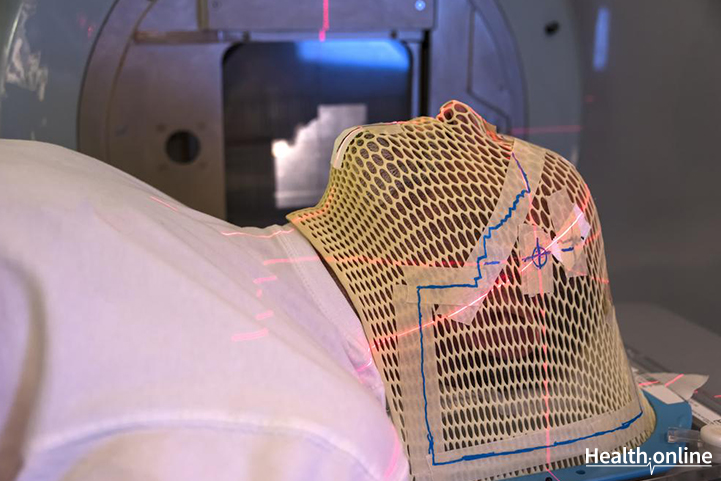
Treatment of Brain Cancer
Given contemporary advances in medicine, there are many different types of treatments for breast cancer available. A lot of those treatments will be multi-modal, and a combination of surgery, radiation therapy and chemotherapy. Each individual case is unique, and will require an individualized plan of care.
Surgery is often recommended if the brain tumor is located within an area that is easily accessible. It depends on the type of brain tumor, but in some cases the tumors are small and not encompassing any other structures, so it will be easier to remove from the surrounding brain tissues. In other cases, the tumor has invaded many other structures and is stuck to the surrounding brain tissue. If this is the case, then surgery alone will not be sufficient to eradicate the cancer. Sometimes, some of the brain may have to be removed to ensure that the tumor is completely eradicated. However, at this point, it is a decision between the patient and physician to determine what is appropriate. All the risks and benefits of the surgery must be discussed beforehand, so that all expectations are realistic.
Radiation therapy may be recommended as palliative/symptom alleviation or as a combination therapy. In radiation therapy, high-energy beams focus to kill tumor cells. Most cases the radiation therapy is external and is known as External Beam Radiation. There are side effects associated with radiation therapy, but those will be based on the dosing of radiation the patient is receiving. The type of radiation therapy (whole brain or localized focused on the tumor) will depend on the severity and invasiveness of the tumor.
RadioSurgery is a stereotactic surgery in which the tumor cells are targeted by a very large dose of radiation to kill the tumor cells.
Chemotherapy is another type of treatment that may be used in combination therapy and is mostly used in cases in which the tumor cells have spread to other areas of the body. Chemo drugs can be taken orally or can be administered intravenously. The side effects associated with chemotherapy will be based on the dosage and type administered. Side effects must be discussed prior to treatment, so that the patient completely understands the risks and benefits associated with the desired outcome.
Targeted Drug Therapy is also another method of treatment that actually focuses on the abnormalities within specific cancer cells. If these abnormalities can be inhibited, then it is thought that the cancer cells will no longer be able to survive. If the blood supply to the tumour can be cut off, then the tumour will die. Each tumour has different abnormalities that allow it to thrive and grow; so it is those abnormalities that are targeted through a variety of medications to help stop the tumours growth.




